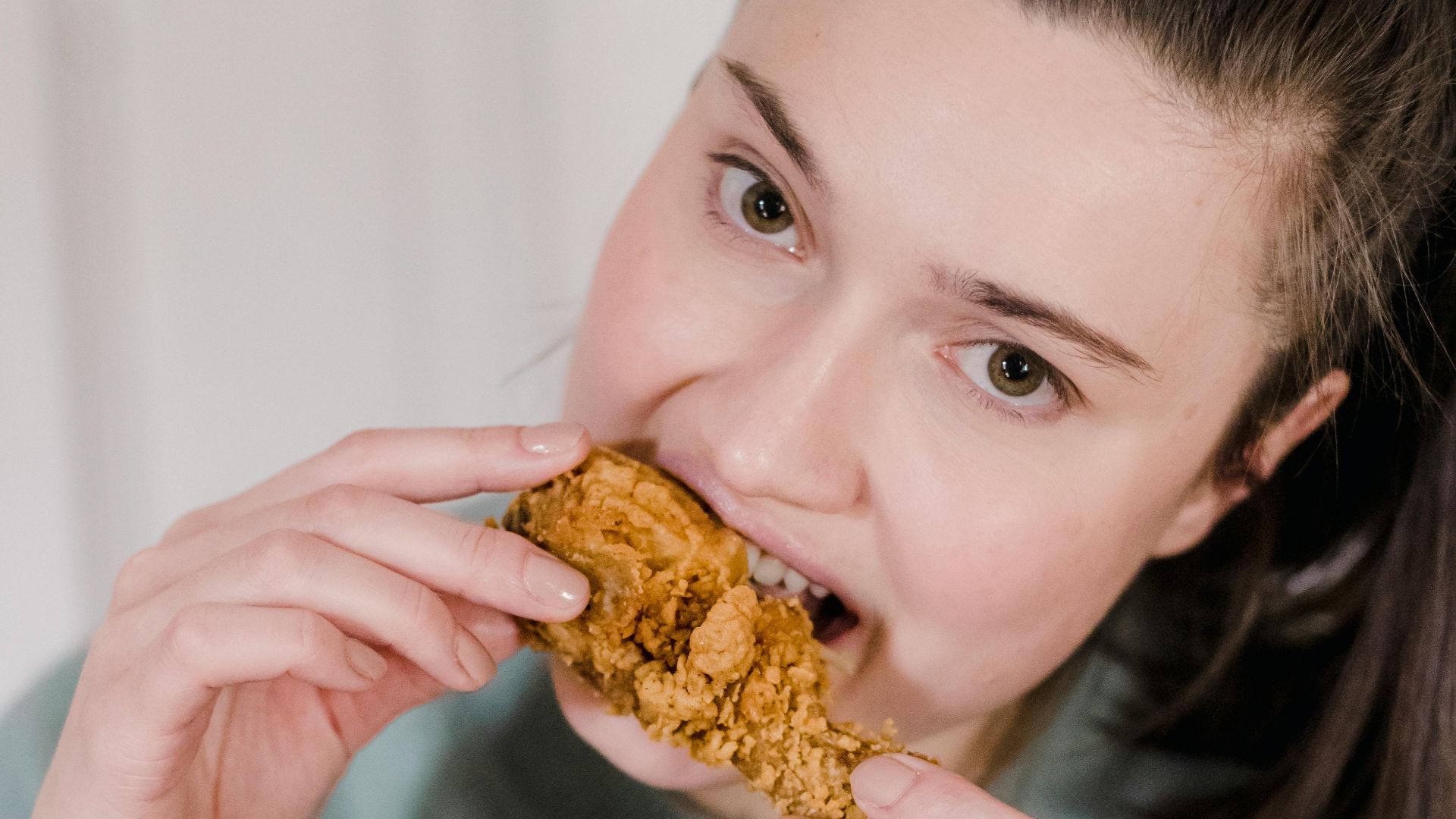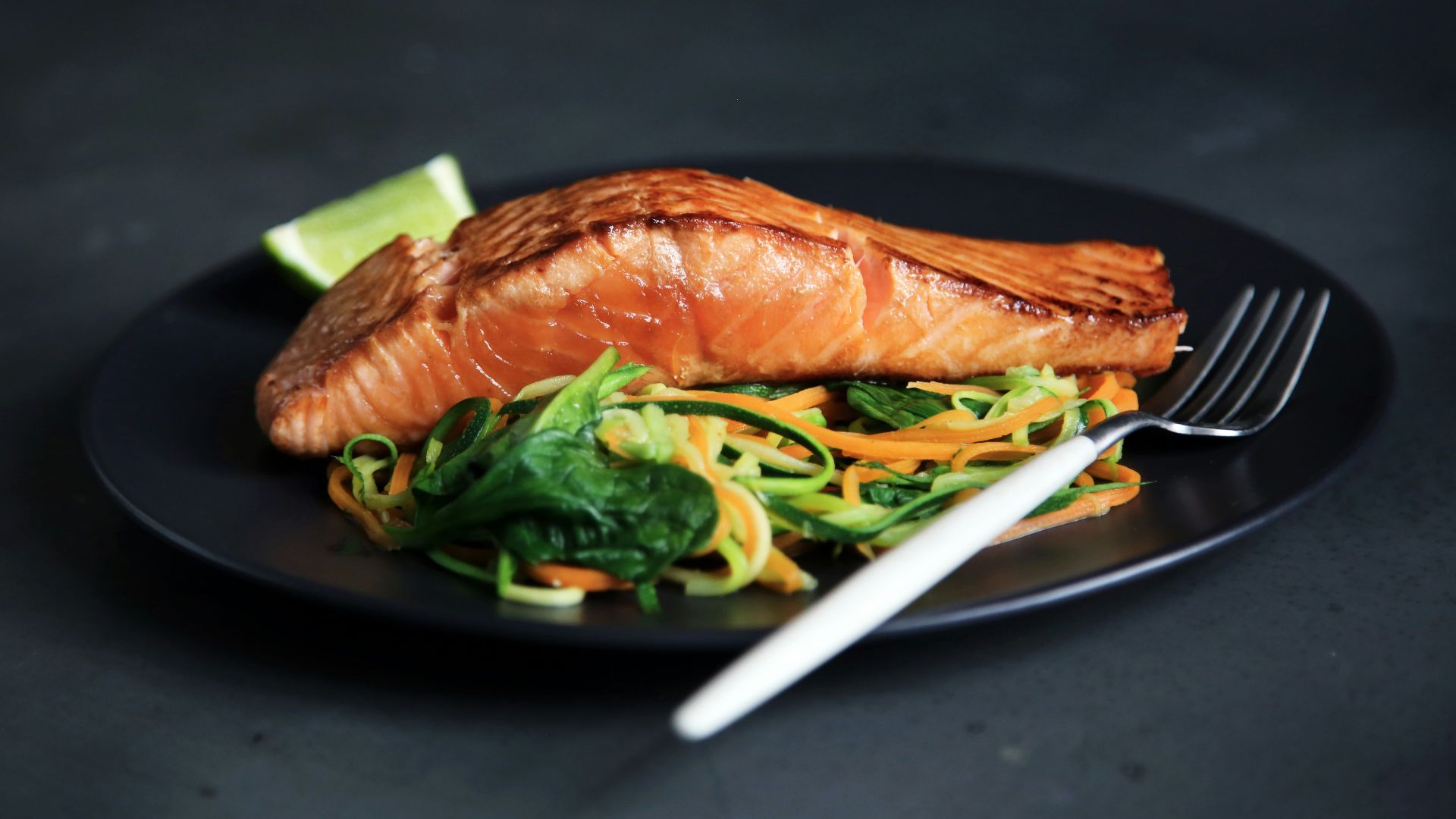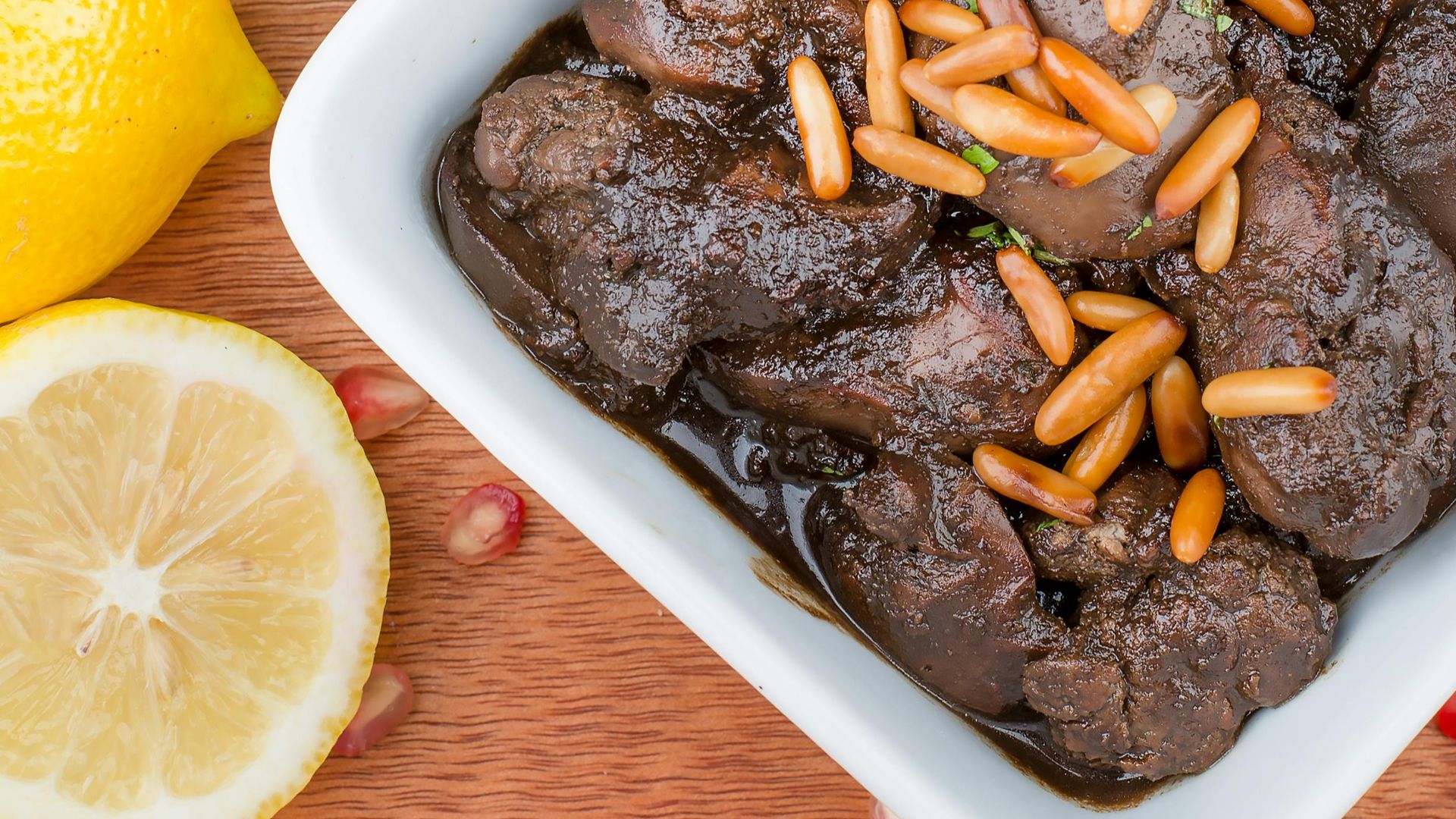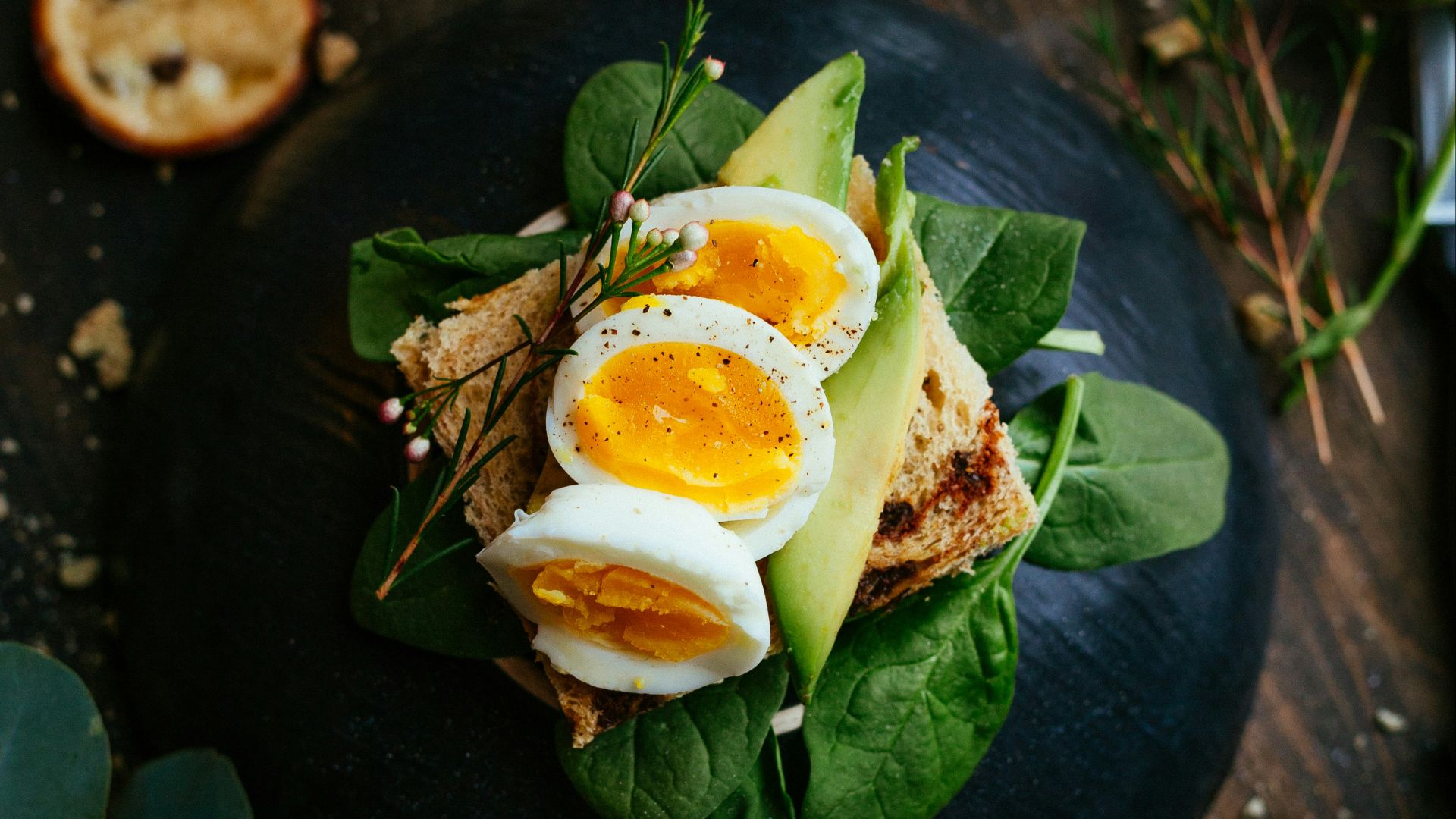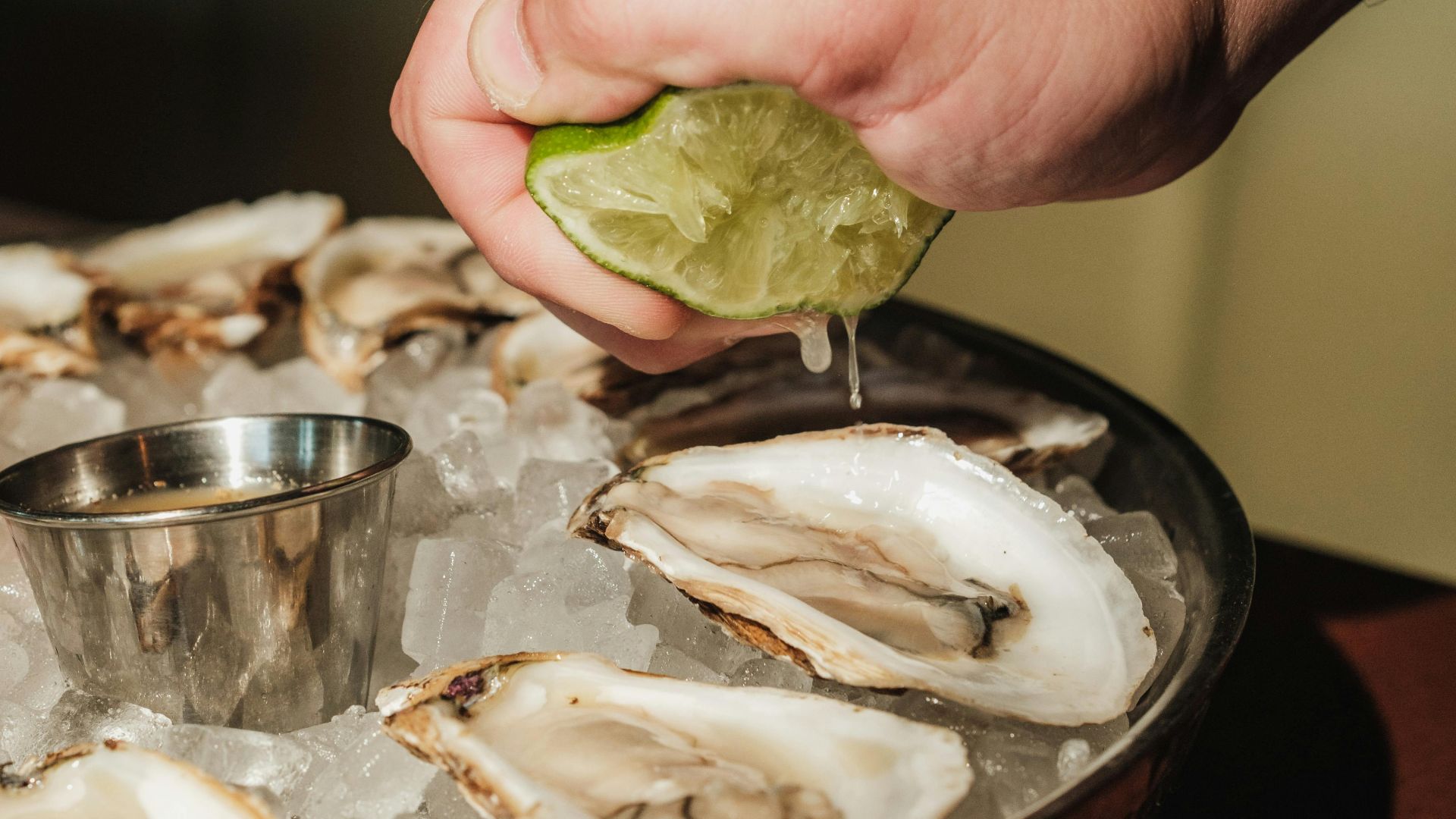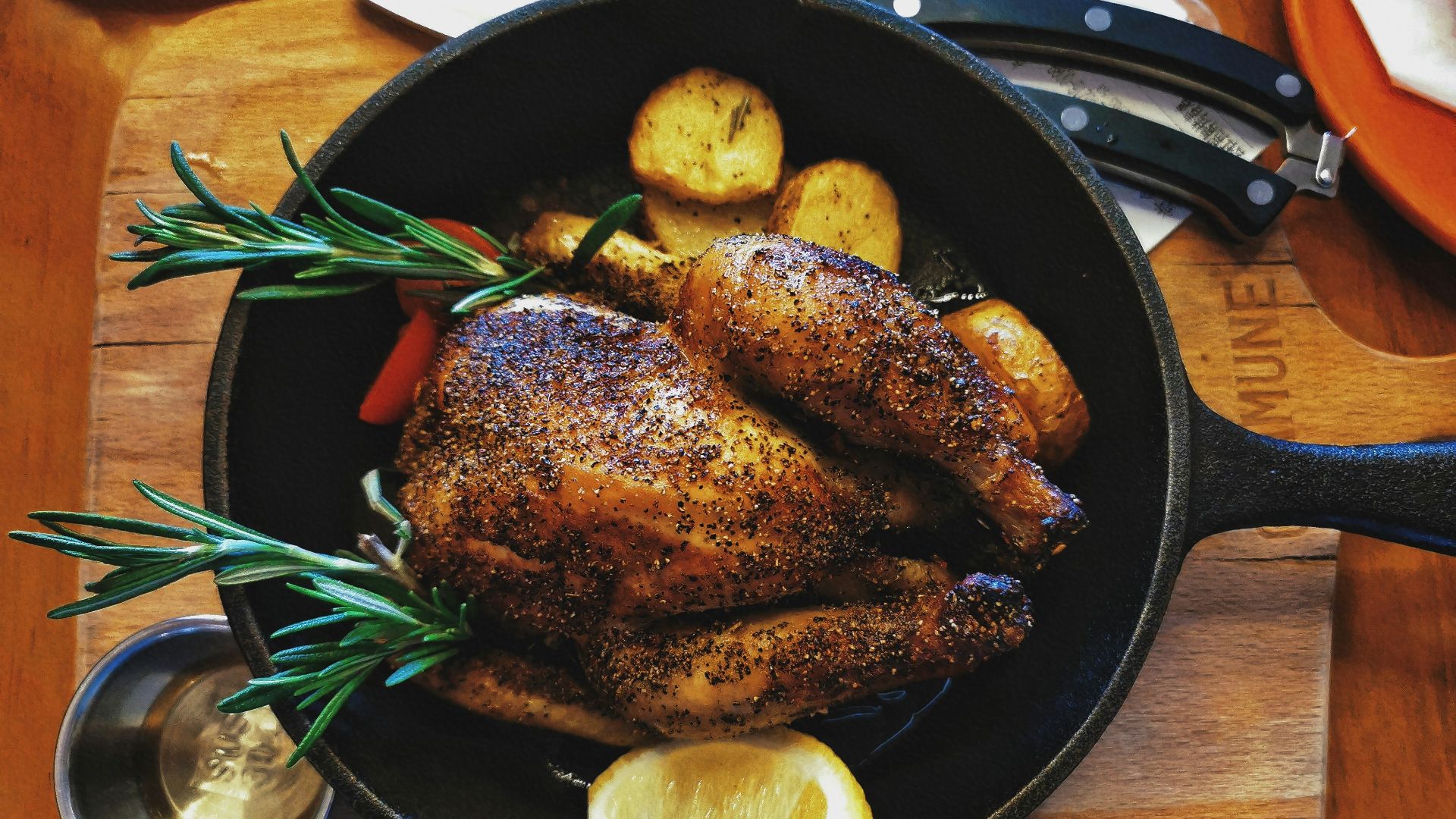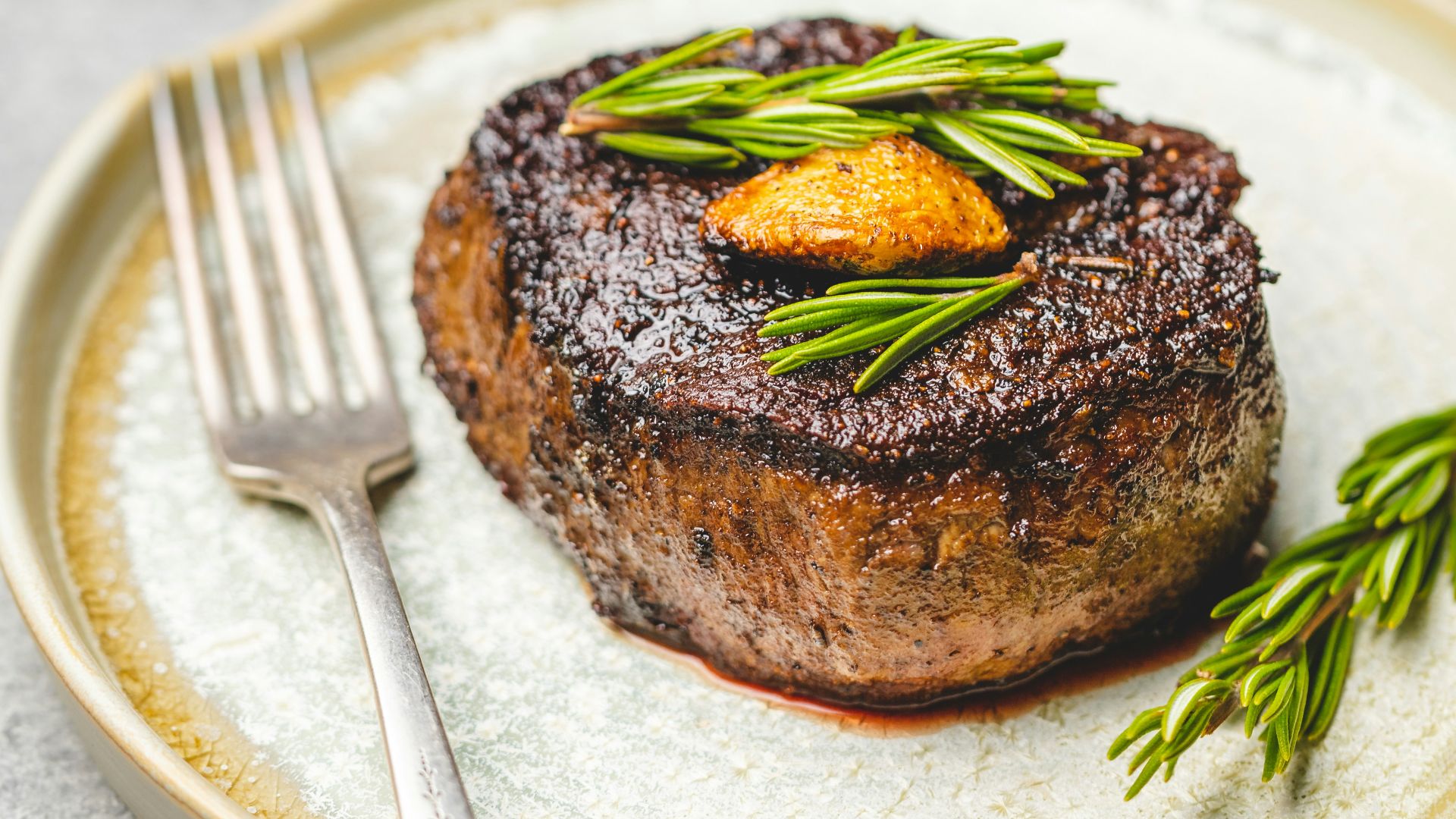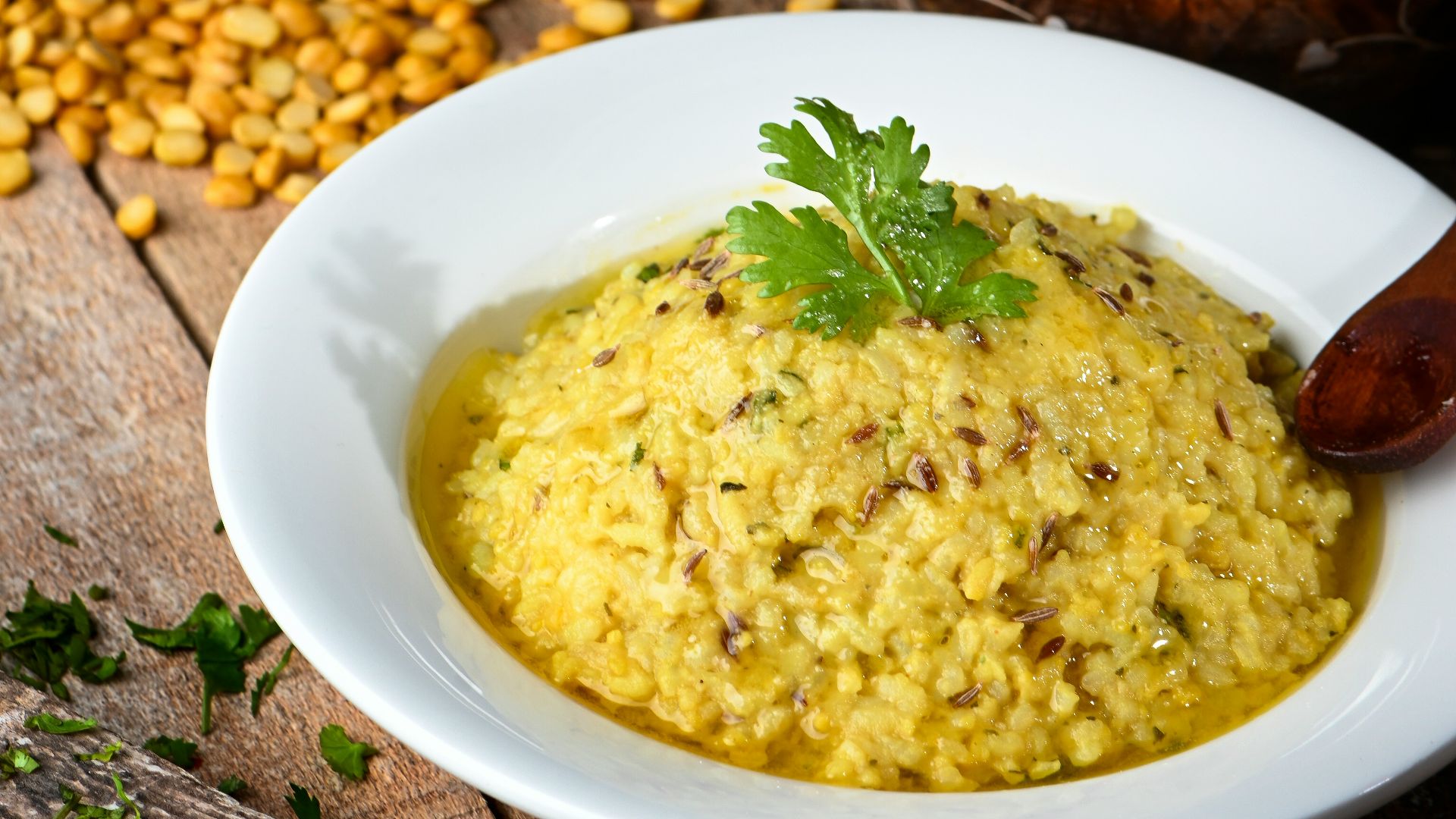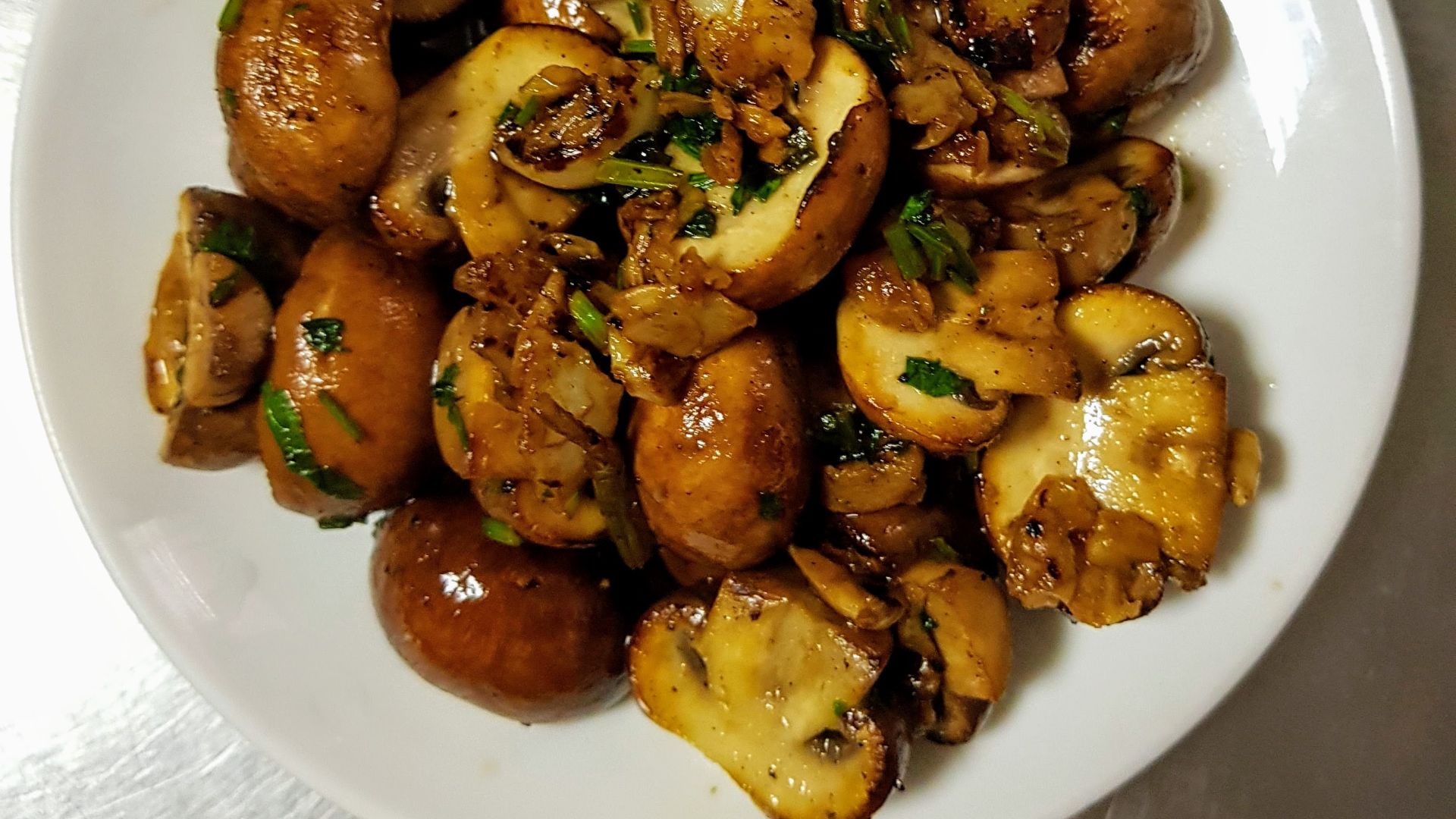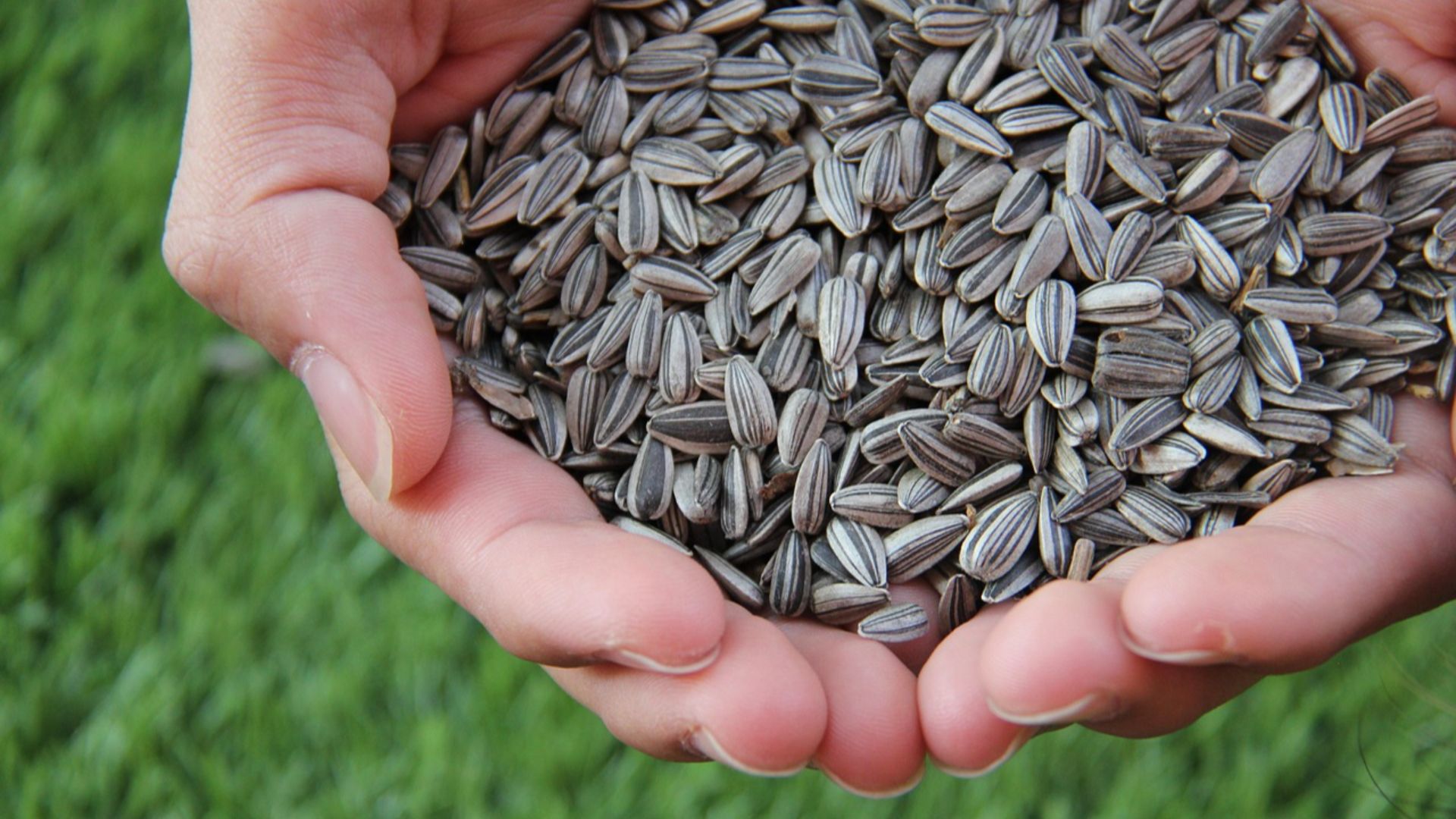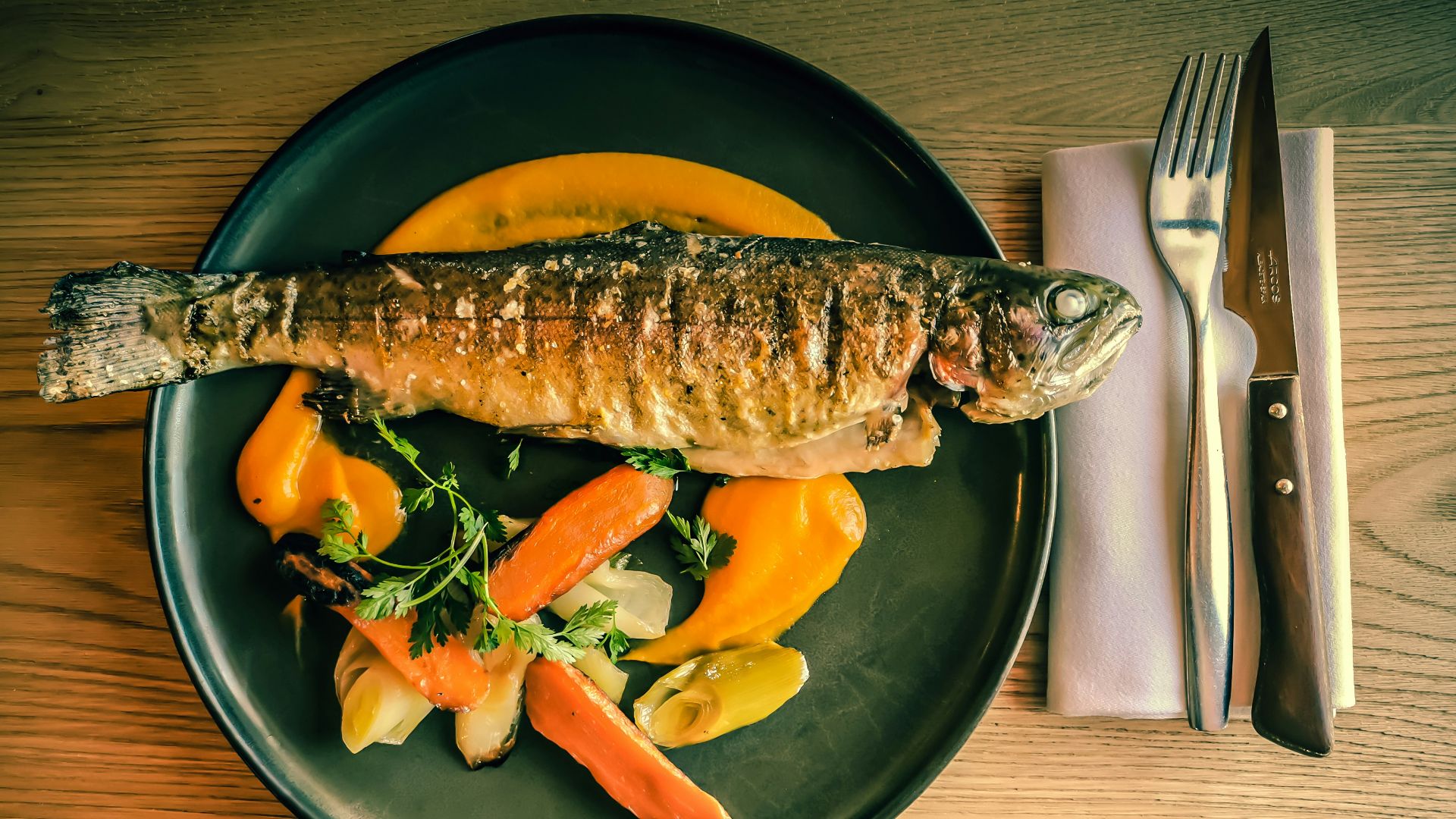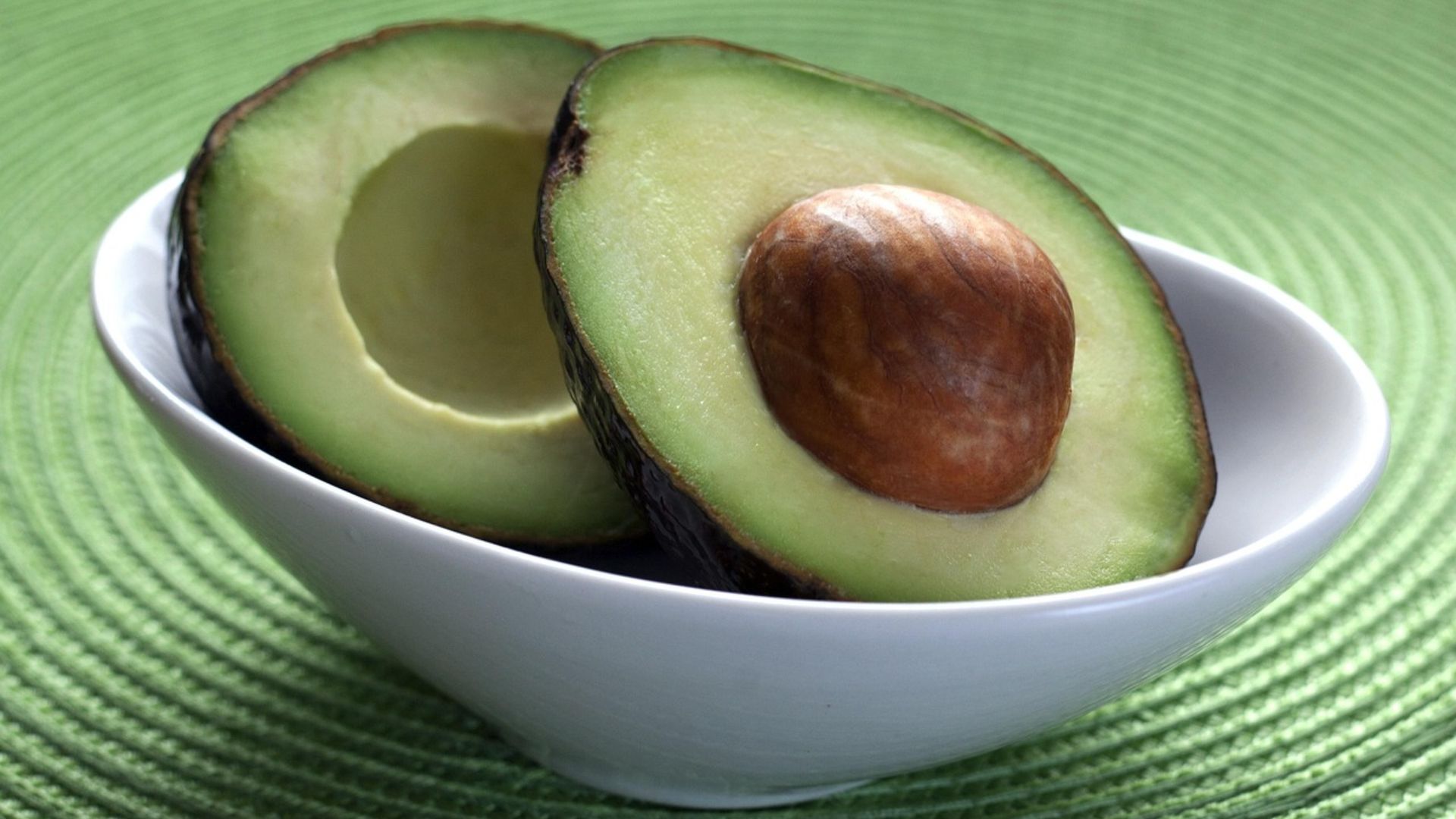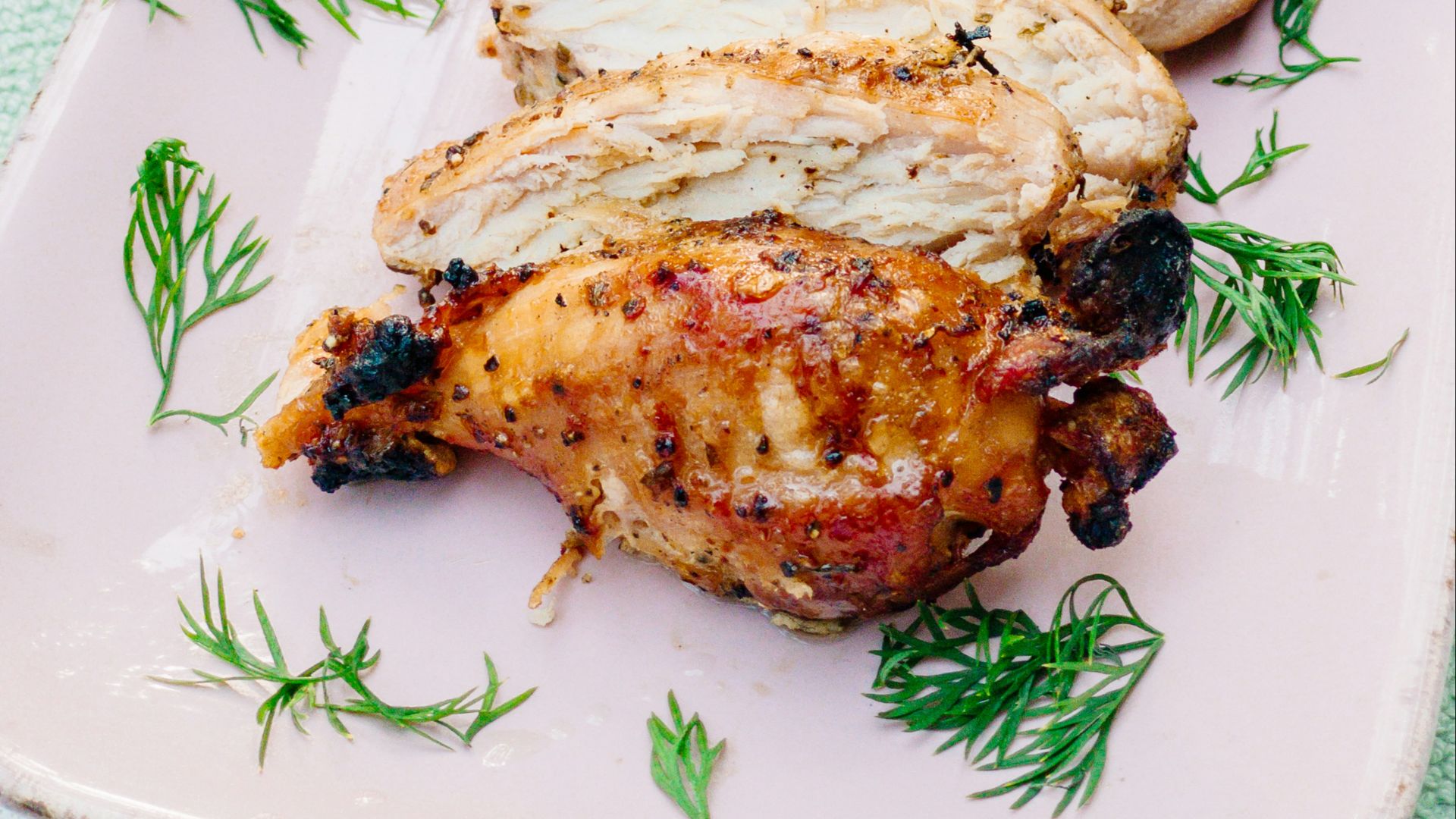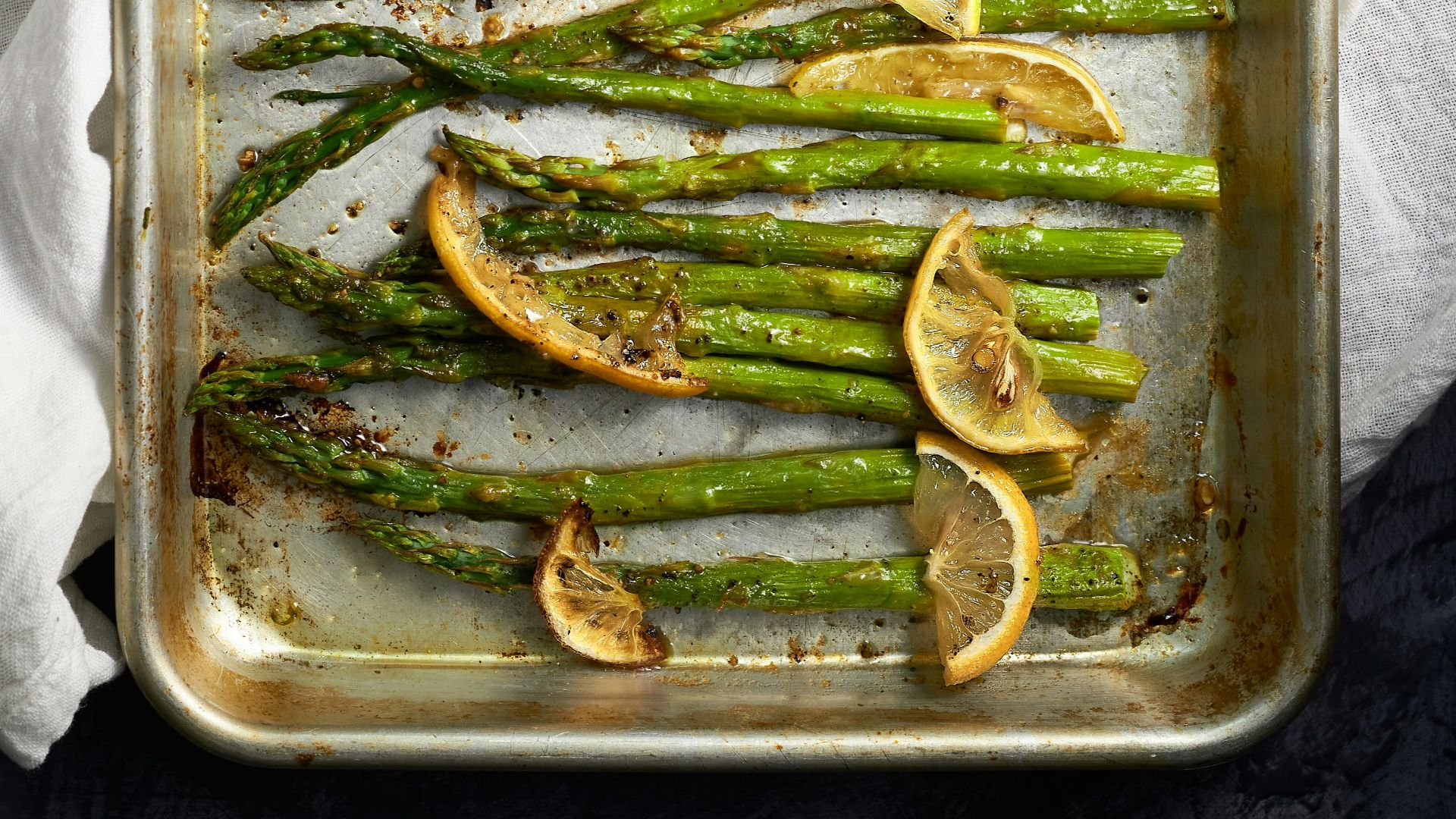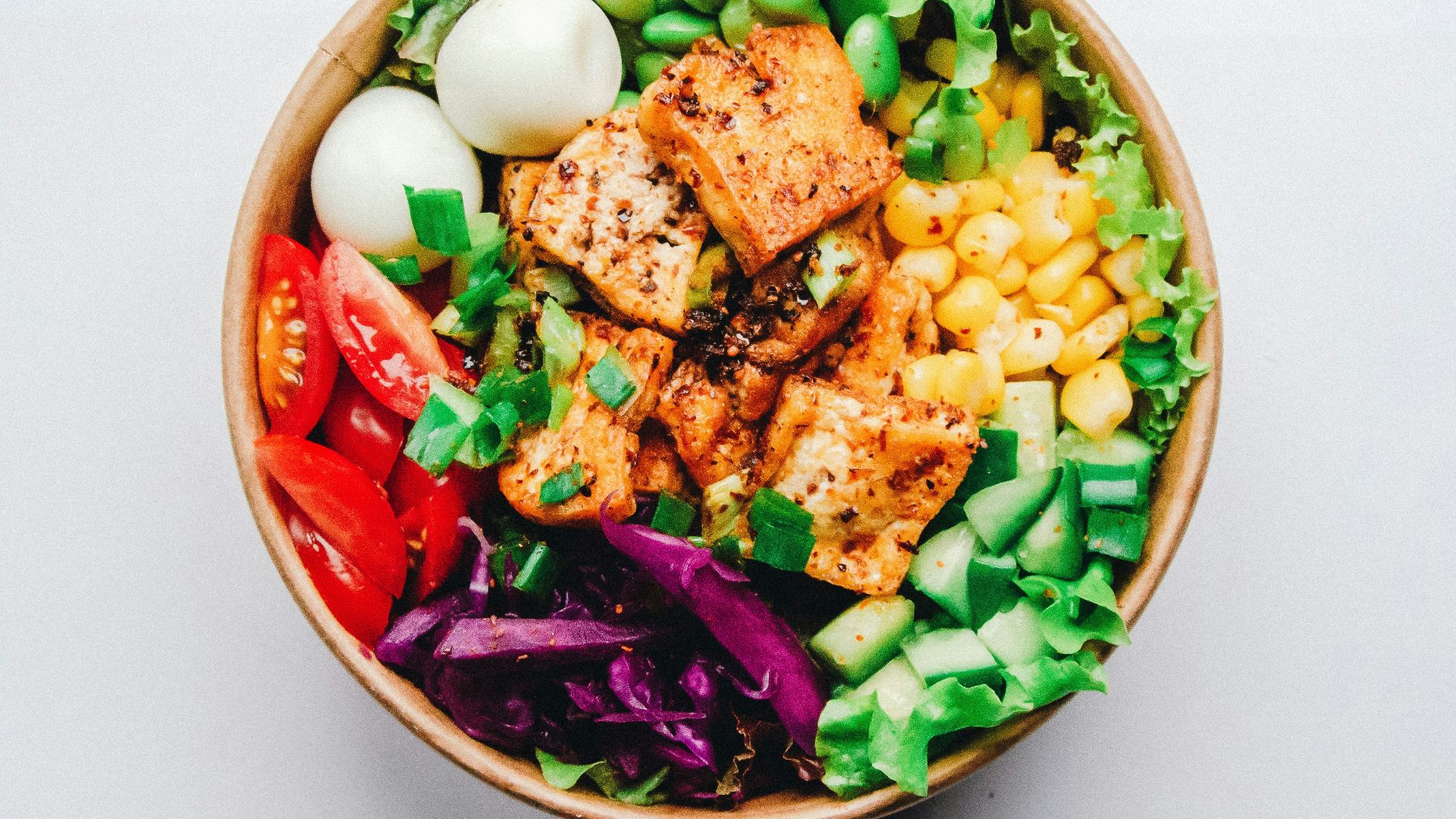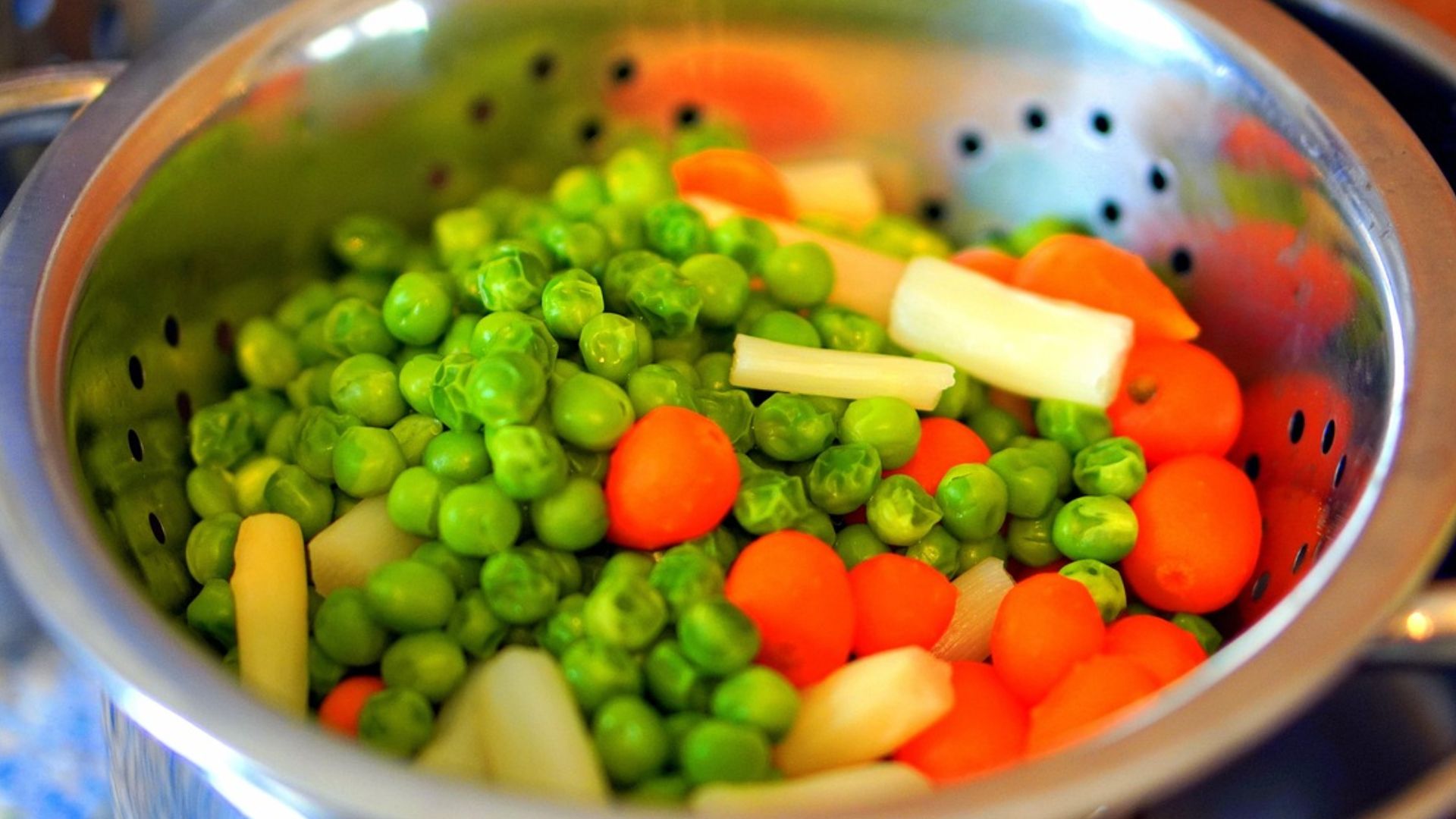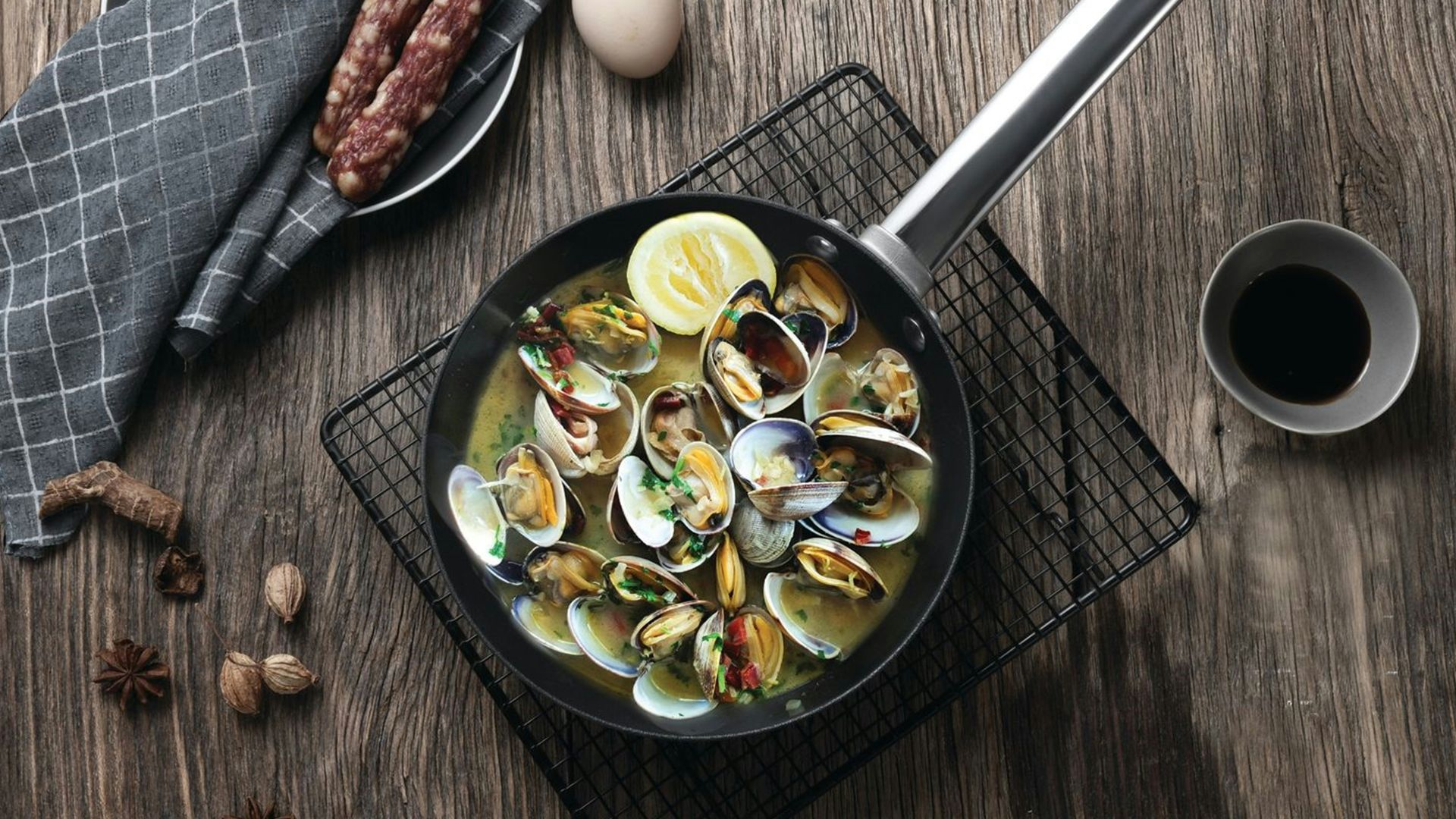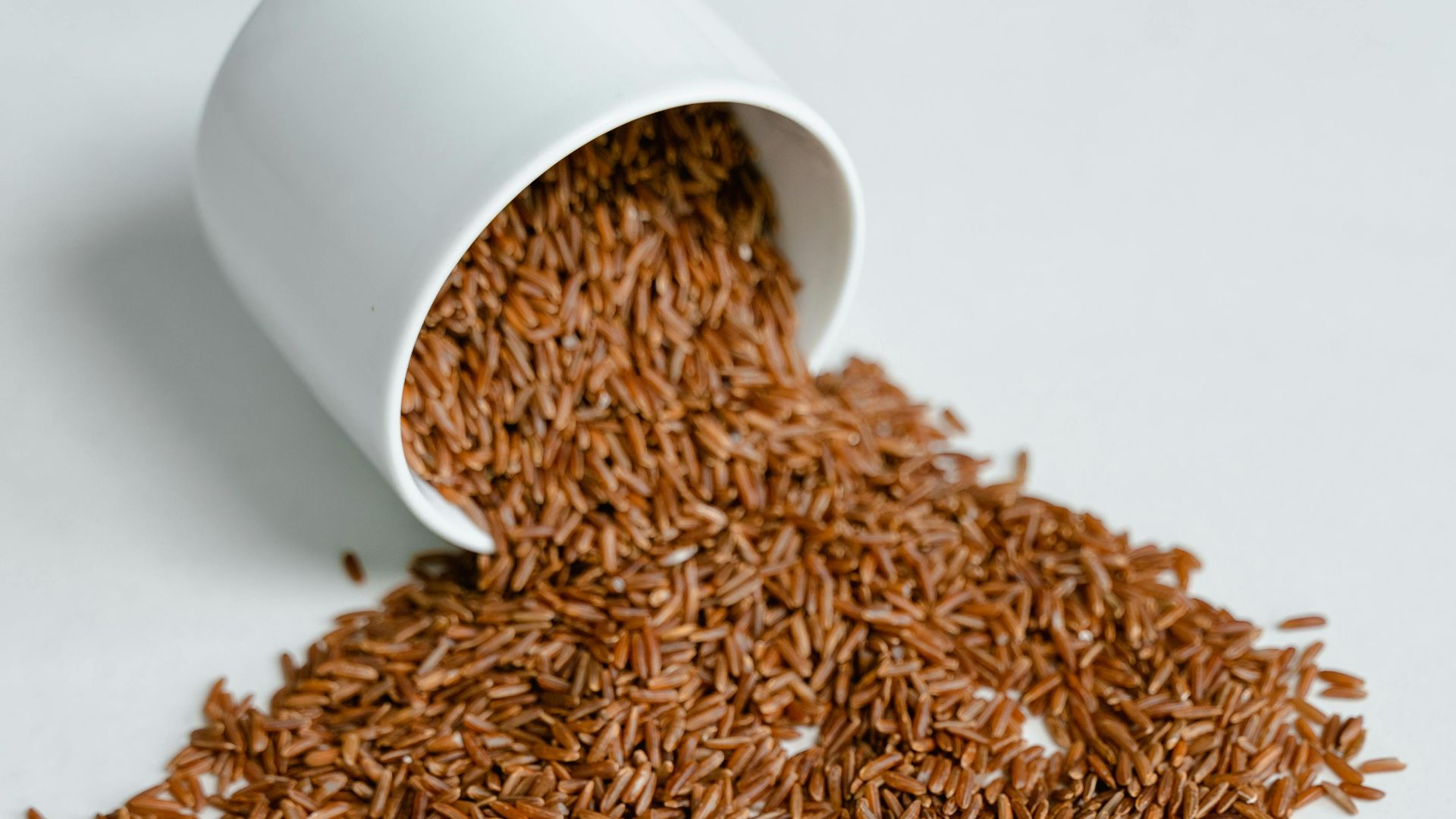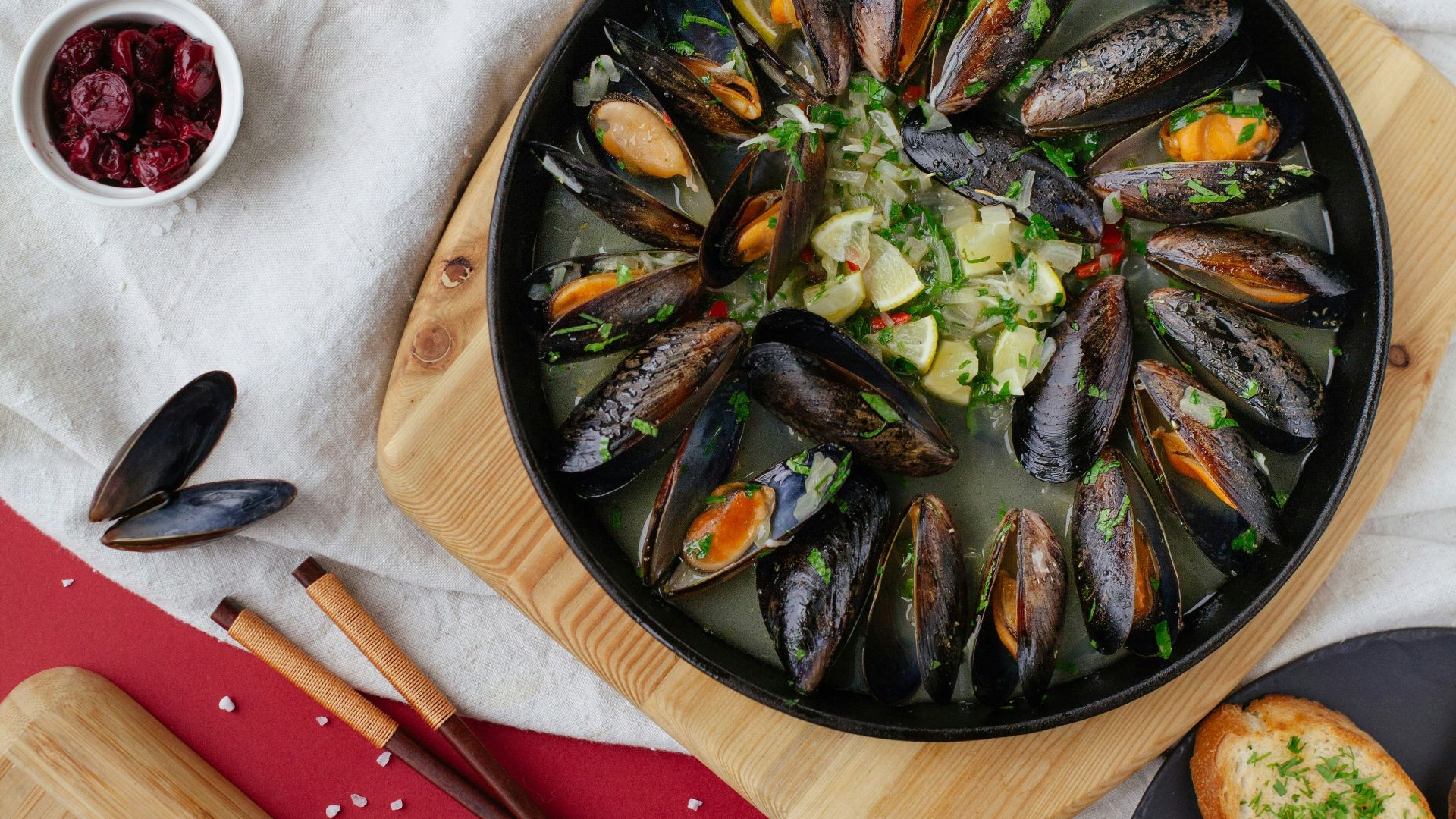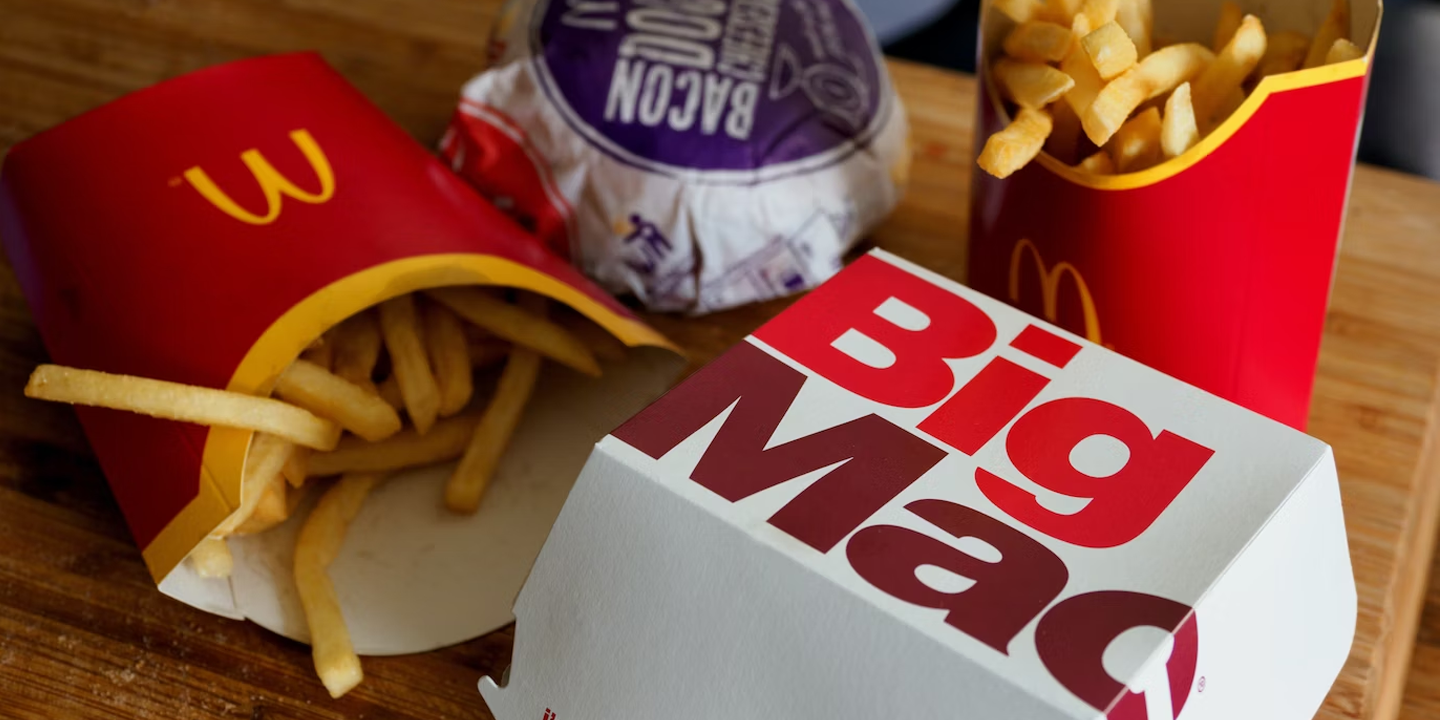Fuel Your Body Better
Feeling tired lately? It might be your B vitamins calling for backup. These essential nutrients handle everything behind the scenes, such as energy production, brain health, and cell repair. So, it’s time to look at 20 great options that'll boost your vitamin intake, according to verified sources.
1. Salmon
This fatty fish delivers a powerhouse punch of B vitamins in each delicious bite. A 3.5-ounce serving packs over 100% of your daily B12 needs, plus significant amounts of B3, B6, and other B vitamins. The pink flesh also contains heart-healthy omega-3 fatty acids.
2. Liver (Organ Meats)
Well, your grandmother was right about the benefits of liver. It is nature's multivitamin, delivering B1, B2, B3, B5, B6, B7, and B9 in impressive amounts. These vitamins are essential as coenzymes in metabolic processes and can potentially reduce risks such as liver steatosis.
3. Eggs
Ever wondered why eggs are breakfast champions? Just a single egg holds about 35% of your daily biotin (B7) needs, necessary for healthy hair, skin, and nails. The versatile egg also provides riboflavin, B12, and pantothenic acid. Both the white and yolk contain different B vitamins.
4. Spinach
Popeye chose wisely with his favorite green. Folate (B9) is spinach's superstar B vitamin, with one cup of cooked spinach serving 66% of your daily needs. Pregnant women particularly benefit from this leafy vegetable, as folate helps prevent birth defects.
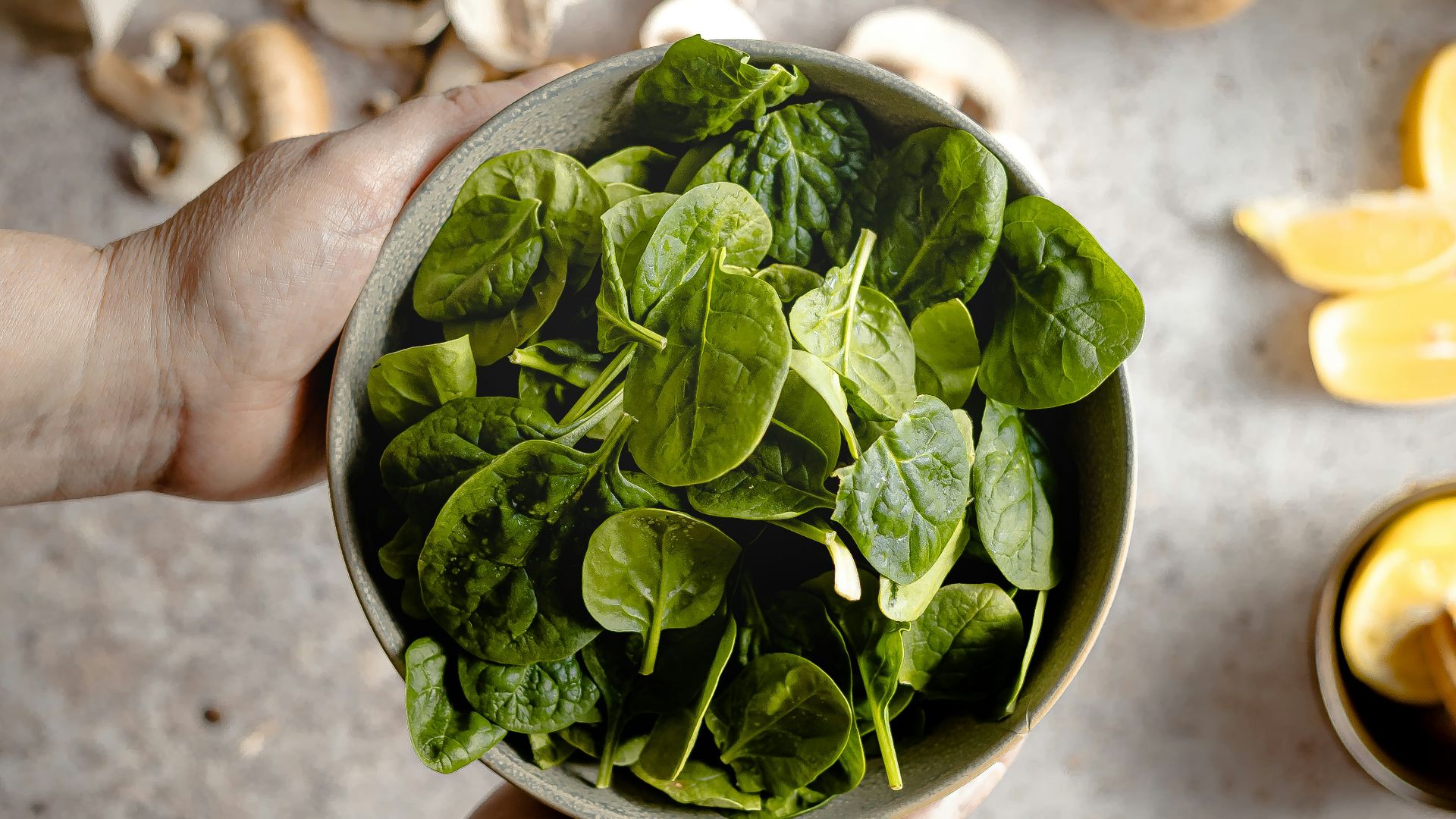 micheile henderson on Unsplash
micheile henderson on Unsplash
5. Oysters
These briny delicacies from the sea carry a treasure of nutrients. B12 content in oysters is simply extraordinary—3.5 ounces delivers 1,200% of your daily requirement. Zinc and iron make oysters powerful immune boosters. They're also full of riboflavin, which maintains healthy skin and eyes.
6. Chicken
The B6 content in chicken deserves special attention. This famous poultry staple actually contains all eight B vitamins in varying amounts. A 6-ounce tender provides around 48% of your daily requirement. Note that white meat contains more niacin and B6 compared to dark meat.
7. Beef
Not many items can beat beef when it comes to B12 content among common meats. The body absorbs B12 particularly well from beef. Grass-fed varieties contain even higher levels of these essential nutrients. However, the amount of vitamin B12 in beef varies by cut.
8. Lentils
For plant-based eaters, lentils are B vitamin champions. These humble legumes carry about 90% of your daily folate (B9) in just one cooked cup. Beyond folate, they deliver respectable amounts of thiamine, pantothenic acid, riboflavin, and other B vitamins, all wrapped in a fiber-rich package.
9. Mushrooms
That little mushroom hides amazing B vitamin content beneath its unassuming cap. B3 (niacin) stars in the mushroom's nutrient profile. Other mushrooms like black trumpet and golden chanterelle also contain measurable B12 amounts, contributing to our energy metabolism and nervous system function.
10. Sunflower Seeds
The ancient Aztecs revered sunflower seeds for their energy-giving properties. Pantothenic acid (B5) in these seeds is especially beneficial, as just one ounce delivers 40% of your daily requirement. Their high B vitamin content extends to folate, niacin, and B6 as well.
11. Trout
Did you know trout holds a staggering 171% of your everyday B12 needs in just one serving? Pantothenic acid shines at 40% of daily needs, while niacin follows closely at 34.8%. The omega-3 content in trout works synergistically with B vitamins to promote brain health.
12. Avocado
B vitamins are present inside that creamy green flesh, waiting to nourish your body. Surprisingly versatile in its B vitamin content, a single avocado provides about 20% of your B2, B3, and B9 requirements. Ancient Mayans called avocados the “fertility fruit.”
13. Turkey
Thanksgiving's favorite protein deserves year-round attention for its vitamin content. Turkey has more B2 vitamins compared to chicken. Both turkey tenders and dark meat have these vitamins, but dark meat has a bit more riboflavin (B2). This enhances metabolism and blood formation.
14. Asparagus
Ancient Romans prized asparagus enough to have special asparagus fleets deliver it fresh to the Alps. This spring vegetable is rich in folate. Future parents take note: folate helps prevent certain birth defects. Asparagus also contains a unique combination of B vitamins that support detoxification.
15. Pork
Thiamine stands out in pork's nutritional profile. Earlier, sailors avoided beriberi (thiamine deficiency) by including pork in their rations. Niacin matches thiamine at 55% of daily needs, while B6 follows at 35%. Surprisingly, pork loin contains similar B vitamin content to fattier cuts.
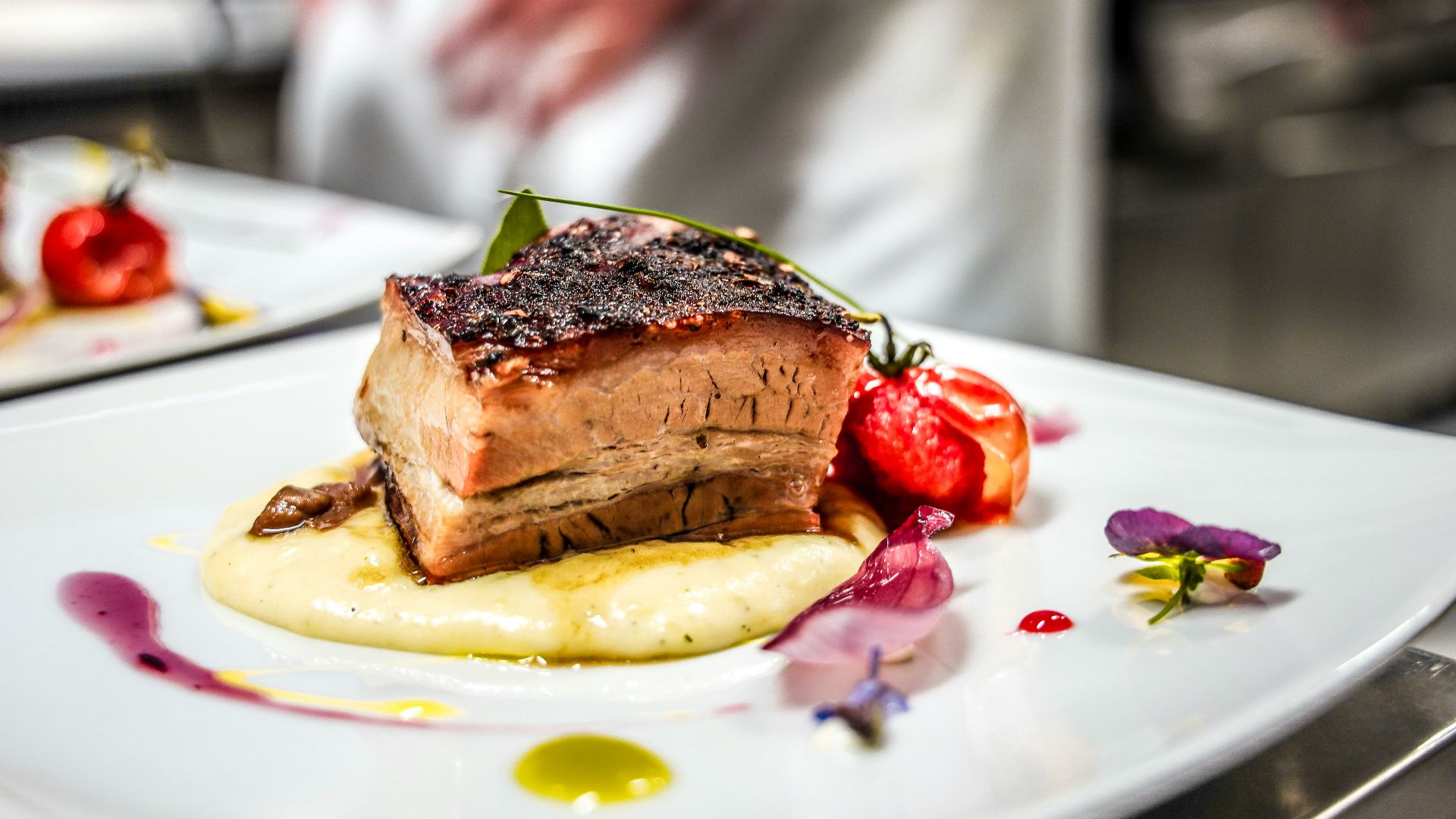 Alessandro D’Antonio on Unsplash
Alessandro D’Antonio on Unsplash
16. Tofu
Vegetarians rejoice. This plant-based powerhouse delivers an unexpected display of B vitamins. Rice-based dishes paired with tofu create complementary B vitamin profiles. Fortified varieties offer B12, making tofu essential for plant-based eaters. The isoflavones in tofu may enhance B vitamin absorption.
17. Green Peas
Often overlooked nutritionally, a daily cup of peas serves our bodies with 35% of thiamine and 25% of folate. Flash-freezing preserves most B vitamins, making frozen peas nearly as nutritious as fresh. Green peas also have a rare plant form of B12, though in small amounts.
18. Clams
The B12 champion of the food world sits inside its shell. Ancient coastal communities relied on these shellfish to prevent megaloblastic anemia. Beyond B12, clams deliver essential riboflavin and are said to be rich in minerals like iron, selenium, and zinc.
19. Brown Rice
Whole grain goodness includes more than just fiber. The complete B vitamin spectrum appears in brown rice, with a single cup providing a decent amount of thiamine, B6, niacin, and pantothenic acid. The bran layer, removed in white rice, contains most of these valuable nutrients.
20. Mussels
Coastal Mediterranean communities have harvested mussels for millennia as brain food. Unlike many shellfish, mussels store considerable folate alongside thiamine and riboflavin. Their affordability makes them a budget-friendly B vitamin source. Farmed mussels generally have higher B vitamin levels than wild varieties.
KEEP ON READING
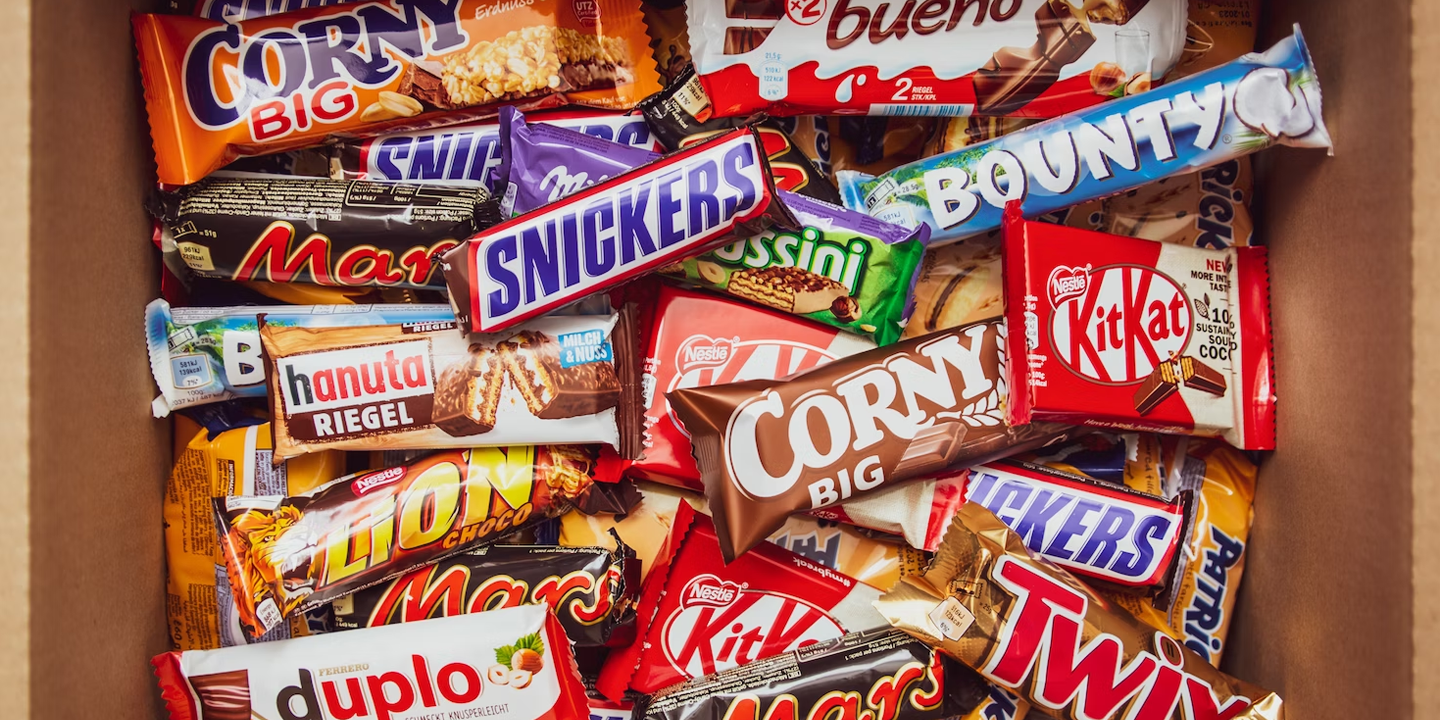
The Most Popular Chocolate Bars in the USA

The Most Popular Candies in the USA



